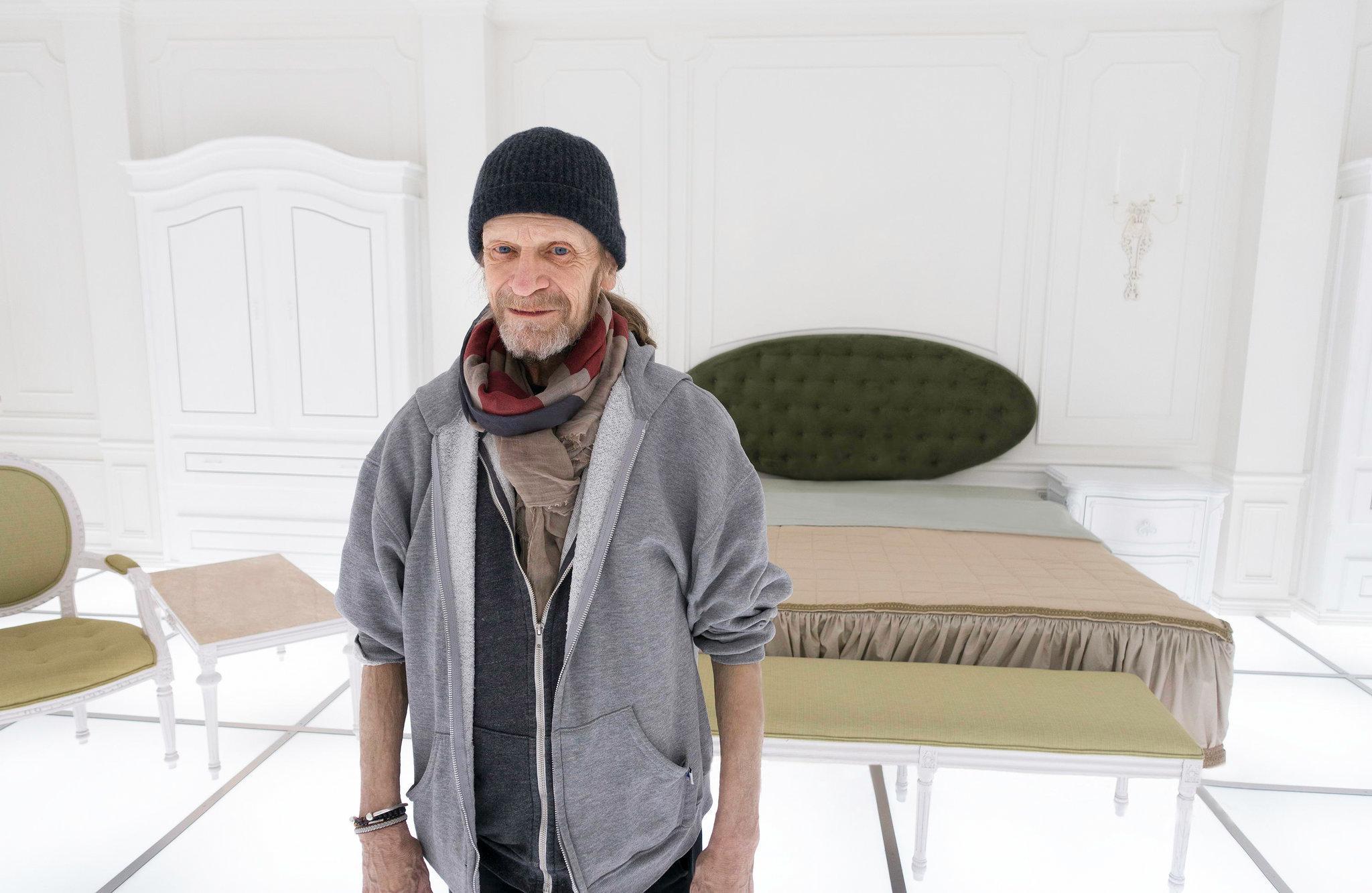Filmworker review: poignant documentary on Stanley Kubrick's right-hand man
Dir Tony Zierra, 94 mins (15), featuring: Leon Vitali, Ryan O’Neal, Danny Lloyd, Matthew Modine, R Lee Ermey, Stellan Skarsgard

Filmworker tells the poignant story of Leon Vitali, a talented young actor who had a prominent role in Stanley Kubrick’s Barry Lyndon and then became Kubrick’s most fervent disciple for the next 25 years.
Vitali was at once the great director’s dogsbody and his most trusted confidant. He worked tirelessly for Kubrick and was trusted by him in a way that few of his other collaborators were. He did everything for the master, from casting and coaching the child actors in The Shining to playing the masked “Red Cloak” figure in Eyes Wide Shut; from overseeing restorations of Kubrick films to negotiating with the Warner Bros top brass on his behalf. Vitali was probably indispensable. He was also anonymous, a “filmworker” as he listed his profession on his passport.
When Kubrick died, Vitali was initially shunted aside. As he sought to make sure that Eyes Wide Shut reached cinemas in the way that Kubrick intended, he was given an office in a corridor. No one invited him to speak at the big Kubrick exhibitions and retrospectives that soon followed. He had not been well paid for his endeavours and could justifiably have become very bitter. Instead, he continued to proselytise on behalf of his old mentor.
Tony Zierra’s film prises not just Vitali but Kubrick himself into the light. This is one of the few documentaries that actually has footage of the reclusive American director talking on camera. It reveals his gentleness, his obsessiveness and his cunning. Vitali has boxes of notebooks, photos, faxes and bric-a-brac relating to his time with Kubrick.
One Warner Bros executive interviewed here points out that Kubrick films, given the scope of their ambition, were remarkably inexpensive. The reason (we discover) is that Vitali on his own did the work that on other productions would have been carried out by small armies of highly paid executive and associate producers.
It would be easy but completely off beam to regard Vitali as a hanger-on or sycophant. He was a successful actor who gave an exceptional performance as Lord Bullingdon, Redmond Barry’s stepson and eventual nemesis in Barry Lyndon, when he first met Kubrick. He would have continued to thrive without the American. Through Kubrick, he learned all about lenses, framing editing and lighting. His apprenticeship to the sorcerer could surely have helped him carve out his own career as filmmaker. That, though, was never his intention. He wanted to serve Kubrick’s vision, not to push his own.
Vitali’s moment of epiphany came when he saw 2001: A Space Odyssey for the first time. He vowed then that he would work for Kubrick – and that’s precisely what he did. He was a martyr to his cause (“what Leon did was a kind of crucifixion of himself” Full Metal Jacket star Matthew Modine suggests). He didn’t become rich or famous but his rapture at being for so long in Kubrick’s orbit is evident in every frame of this film. Thanks to the documentary, his contribution is bound now to be acknowledged.
Subscribe to Independent Premium to bookmark this article
Want to bookmark your favourite articles and stories to read or reference later? Start your Independent Premium subscription today.

Join our commenting forum
Join thought-provoking conversations, follow other Independent readers and see their replies